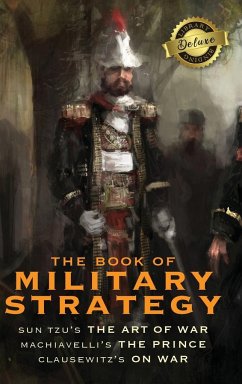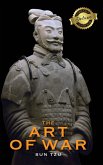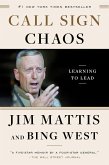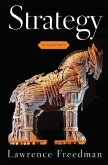The three most fundamental works on the nature of war are Sun Tzu's "The Art of War," Machiavelli's "The Prince," and Clausewitz's "On War." This collection is the ultimate guide to military strategy for strategic thinkers, generals, and heads of state. "The Art of War" is an ancient Chinese military treatise by Sun Tzu, a high-ranking military general, strategist and tactician. It has had an influence on Eastern and Western military thinking, business tactics, legal strategy and beyond. "The Prince" examines the reasons that Kings, Emperors, Dukes and governments have thrived or crumbled, while suggesting a set of principles that any leader would find difficult to follow, but impossible to ignore. "On War" is a book on military strategy by Prussian general Carl von Clausewitz, written mostly after the Napoleonic wars. It is one of the most important treatises on political-military analysis and strategy ever written, and remains both controversial and an influence on strategic thinking.
Hinweis: Dieser Artikel kann nur an eine deutsche Lieferadresse ausgeliefert werden.
Hinweis: Dieser Artikel kann nur an eine deutsche Lieferadresse ausgeliefert werden.








